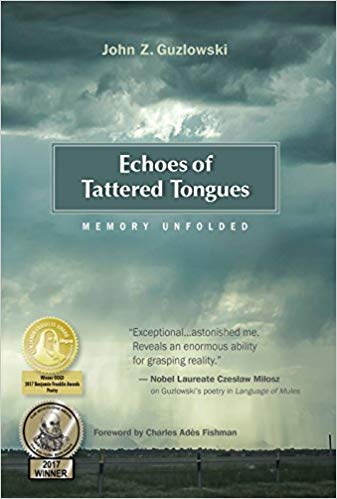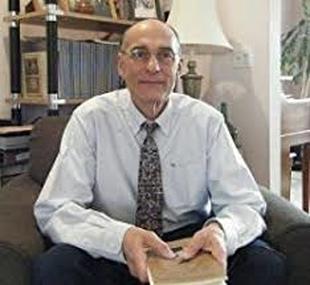|
Poets and Dreamers, LLC
San Clemente, CA
So we travel on earth seeking the terrain of Poetry, walking through wilderness and empty landscape or visiting those ancient sites like Dholavira in far-western Gujarat, or Mykenai in the Greek Peloponnese, or the Arawak campsite on eastern Carriacou in the Grenadine Windward Isles, pursuing that authenticity of experience in a form of antique material reality...
These are places, strange and vague situations where death is manifold and thoroughly extant to the careful eye. There are women’s bangles made of shell to be picked up from the saline dust or small copper beads and thin chert blades, or tiny obsidian arrow-heads that can be unhidden and disclosed beneath those bloody grey walls about the Lion Gate, or beautiful indented potsherds and ceramic fragments at the waterline where the Atlantic rolls out its long blue visceral waves...
Kevin McGrath 🐚Yoga of Poetry
“Dare to live the life you have dreamed."
Ralph Waldo Emerson
What began as a series of creative salons is now a success-based approach toward actualizing your unique vision. Poets and Dreamers LLC guides entrepreneurs, teams, and professionals through actualizing plans based on consultations, coaching programs, and collaborations. Poets and Dreamers Literary Circle and the Poets and Dreamers Journal exist as opportunities for authors and artists to actualize themselves through collaboration and the circulation of literary and fine arts. Our Literary services are focused on crafting, publishing, and circulating professional and literary works and fine arts. Our products connect the world with poetry and unite the world through art.
"Remember...the entrance door to the sanctuary is inside you."
~ Rumi
|
Join the Poets and the Dreamers.
Our mailing list receives exclusive offers and announcements. |
Contact Us |


